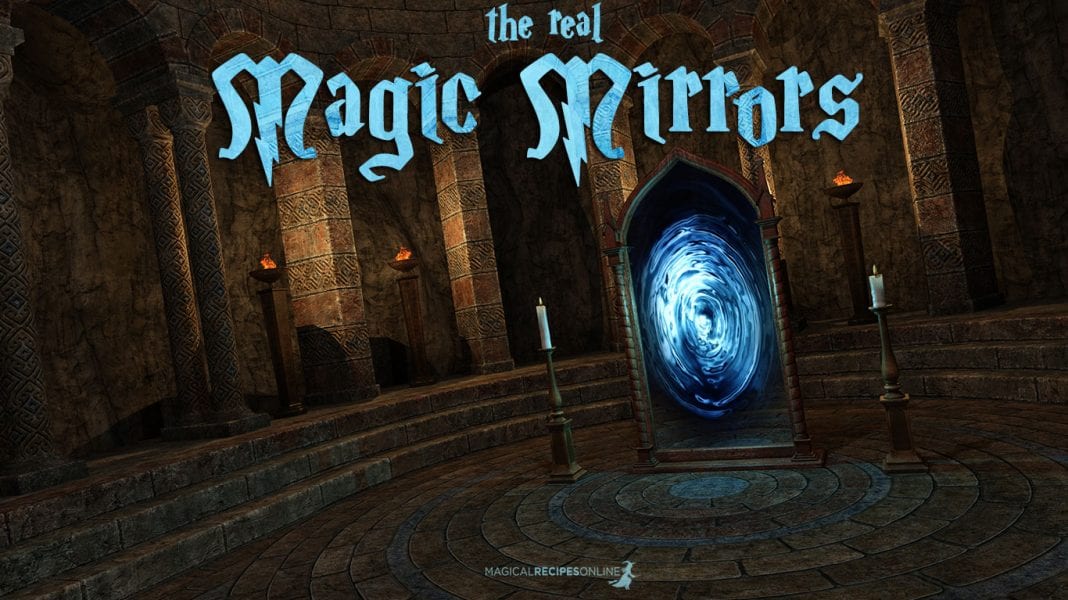

Using external installation scripts is at your own risk but can make the process a lot easier. Therefore the only officially supported way of installation is by using a manual installation. For more information about this decision, please check issue #1860 on GitHub. At the start of 2020 the decision was made to remove the automatic installer from the MagicMirror² core repository and move it to a community maintained separate repository. The Magic Mirror can be installed manually or using automatic installers. If you want to run the software on other Operating Systems.ģ) Node:- Although older version of Node might work, we suggest you use Node 16.
#MAGIC MIRROR REGIONS FULL VERSION#
(Yes, people have managed to run MM² also on a Pi0, so if you insist, search in the forums.)Ģ) Operating System:- Note that you will need to install the latest full version of Raspbian, don’t use the Lite version. If you want to run this on a Raspberry Pi 1, use the server only feature and setup a fullscreen browser yourself. The Raspberry Pi 0/1 is currently not supported. It might (and will) run on various different types of hardware, but new versions will only be tested on a Raspberry Pi.Įlectron, the app wrapper around MagicMirror², only supports the Raspberry Pi 2, 3 & 4. MagicMirror² is developed to run on a Raspberry Pi. So no more web server or browser installs necessary! MagicMirror² focuses on a modular plugin system and uses Electron as an application wrapper. MagicMirror² is built by the creator of the original MagicMirror with the incredible help of a growing community of contributors.

With a growing list of installable modules, the MagicMirror² allows you to convert your hallway or bathroom mirror into your personal assistant. MagicMirror² is an open source modular smart mirror platform.


 0 kommentar(er)
0 kommentar(er)
